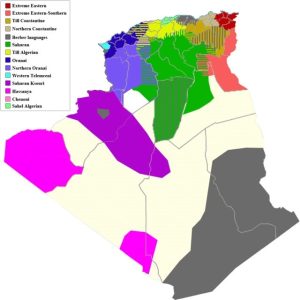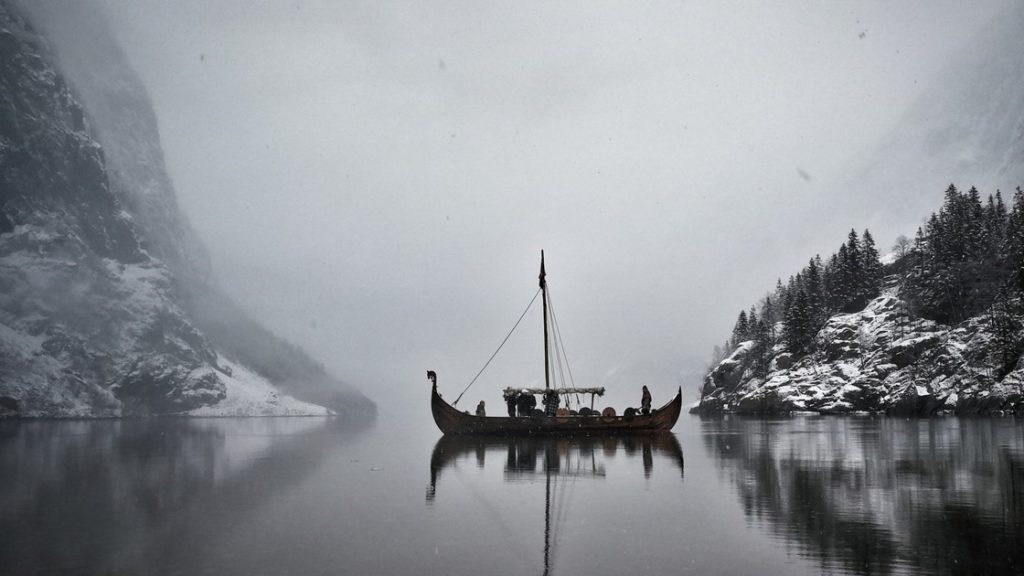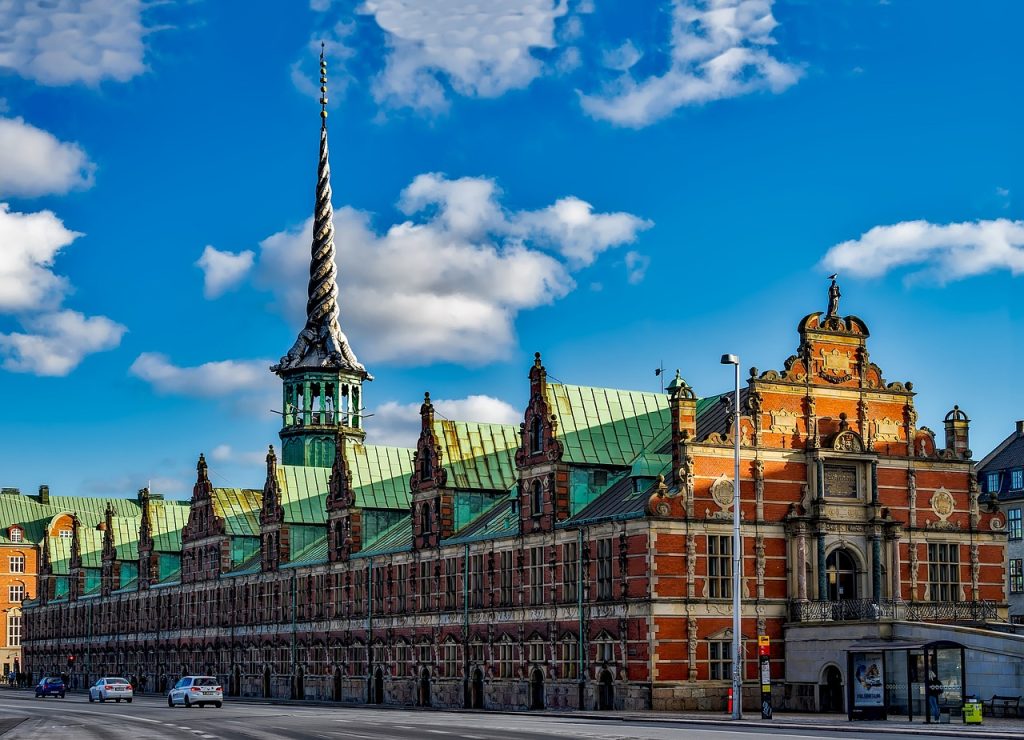History of Algeria
Algeria is a country located in North Africa. Its history can be traced back to ancient times when it was inhabited by various Berber tribes. The region was later conquered by the Phoenicians, Romans, and Byzantines before it was conquered by the Arab-Muslim forces in the 7th century CE (Madiou, 2019). The Arab-Muslim forces introduced Islam to the region, which became the dominant religion in Algeria.
In the 16th century, Algeria became part of the Ottoman Empire, and the Ottomans ruled the region for over three centuries (Madiou, 2019). During this time, Algeria became a center of piracy, and the Barbary pirates operated from the region. They raided European ships and sold the captured crew as slaves in the Ottoman Empire.
The French colonized Algeria in the 19th century, starting in 1830, and established a colonial administration in the region (Ageron, 2019). The French colonization was met with resistance from the Algerian people, who fought against the French occupation for several decades. The most famous of these resistance movements was led by the Algerian nationalist and revolutionary, Ahmed Ben Bella, who was instrumental in the country’s fight for independence.
After years of resistance and bloodshed, Algeria gained independence from France in 1962 (Ageron, 2019). The newly independent country was initially ruled by the National Liberation Front (FLN), which was the dominant political party in Algeria. However, the FLN’s rule was marked by political instability, economic turmoil, and violence.
In the 1990s, Algeria was plunged into a civil war that lasted for more than a decade (Hadj-Zekri, 2020). The conflict was sparked by the cancellation of elections in which an Islamic party was poised to win. The conflict led to the deaths of tens of thousands of people and caused significant damage to the country’s infrastructure.
Since the end of the civil war in the early 2000s, Algeria has made significant progress in rebuilding its economy and infrastructure (Hadj-Zekri, 2020). However, the country continues to face significant challenges, including high levels of corruption, political instability, and youth unemployment.
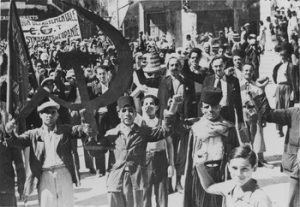
Location
Algeria is a country located in North Africa. It is the largest country in Africa and the tenth largest in the world, with a land area of 2.4 million square kilometers (Central Intelligence Agency, 2021). Algeria is bordered by several countries, including Tunisia to the northeast, Libya to the east, Niger to the southeast, Mali to the southwest, Western Sahara to the west, Mauritania to the northwest, and the Mediterranean Sea to the north.
Algeria is situated at the crossroads of Africa, Europe, and the Middle East, making it a strategic location for trade and commerce. Its location has also made it a site of historical importance, with various civilizations, including the Phoenicians, Romans, Arabs, and Ottomans, leaving their mark on the country (Britannica, 2021).
The capital city of Algeria is Algiers, which is located on the Mediterranean coast in the northern part of the country. Algiers is home to over two million people and serves as the cultural, economic, and political center of Algeria (Lonely Planet, 2021). Other major cities in Algeria include Oran, Constantine, and Annaba.
In conclusion, Algeria is a large country located in North Africa, bordered by several other countries and the Mediterranean Sea. Its location at the crossroads of several continents has made it a site of historical significance and a hub for trade and commerce. Algiers serves as the capital city and cultural, economic, and political center of the country, while other major cities include Oran, Constantine, and Annaba.
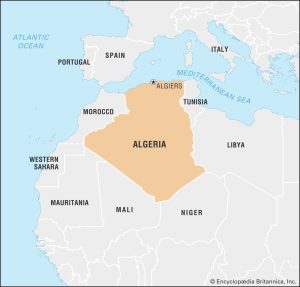
https://www.britannica.com/place/Algeria
Climate
Algeria is a country located in North Africa and is the largest country on the continent, with an area of 2,381,741 square kilometers (CIA World Factbook, 2022). The climate of Algeria varies greatly from the coastal regions to the interior of the country, with the Mediterranean climate dominating the northern regions and the Sahara climate dominating the south.
The northern regions of Algeria, which includes the cities of Algiers and Oran, have a Mediterranean climate characterized by mild, wet winters and hot, dry summers (Encyclopædia Britannica, 2022). The average temperature during the winter months ranges between 10-15°C, while the summer months can reach temperatures up to 35°C (Meteo Algerie, n.d.). The rainfall in this region is moderate and occurs mainly during the winter months.
In contrast, the southern region of Algeria, which covers about 80% of the country, has a desert climate or a hot, arid climate (CIA World Factbook, 2022). The temperature in this region can reach up to 50°C during the day and drops below freezing at night (Encyclopædia Britannica, 2022). The rainfall in this region is minimal and occurs mainly during the summer months, with an average of less than 100 millimeters per year (Meteo Algerie, n.d.).
The climate of Algeria is influenced by several factors, including the Mediterranean Sea, the Atlas Mountains, and the Sahara Desert. The Mediterranean Sea has a moderating effect on the climate of the northern regions, with cool sea breezes bringing relief from the hot summer temperatures (Encyclopædia Britannica, 2022). The Atlas Mountains, which run through the northern part of the country, also have a moderating effect on the climate, as they block the hot desert winds from the south (Meteo Algerie, n.d.).
Overall, Algeria has a diverse climate, with the northern regions experiencing a Mediterranean climate and the southern regions experiencing a desert climate. The climate of Algeria is influenced by several factors, including the Mediterranean Sea, the Atlas Mountains, and the Sahara Desert.
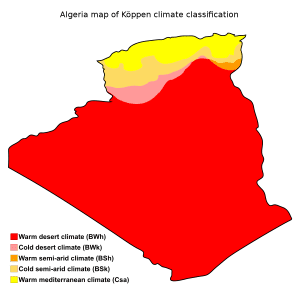
https://commons.wikimedia.org/wiki/File:Algeria_map_of_K%C3%B6ppen_climate_classification.svg
Languages
Algeria is a North African country with a diverse linguistic landscape. The official language of Algeria is Modern Standard Arabic (MSA), but there are also several other languages spoken in the country, including Berber languages and French. In this answer, we will provide a detailed overview of the languages of Algeria.
Berber languages are a group of closely related languages spoken by the Berber people, who make up a significant portion of the Algerian population. The most widely spoken Berber language in Algeria is Kabyle, which is spoken by around 30% of the population. Other Berber languages spoken in Algeria include Chaoui, Mozabite, Tamazight, and Tawallammat Tamajaq. These languages are primarily spoken in the northern and eastern regions of the country, although they are also spoken in other parts of Algeria. (Boukhatem, 2017)
French is also a widely spoken language in Algeria, particularly among the educated population. It is the second most commonly used language in the country after Arabic. French was the language of the colonial power in Algeria and remains an important language in business, education, and government. In fact, it is the main language of instruction in many Algerian universities. (Benrabah, 2020)
Modern Standard Arabic is the official language of Algeria and is the language used in government, media, and education. It is also the language used in the Quran and is taught in schools throughout the country. However, it is not the language spoken by most Algerians in their daily lives. Instead, Algerians often speak a dialect of Arabic that is unique to their region. These dialects include Algerian Arabic, which is spoken in the north, and Hassaniya Arabic, which is spoken in the south. (Sadiqi & Ennaji, 2009)
In conclusion, Algeria has a diverse linguistic landscape, with Berber languages, French, and Modern Standard Arabic all playing important roles in the country. While MSA is the official language of Algeria, it is not the language spoken by most Algerians in their daily lives. Instead, Algerians often speak a dialect of Arabic or one of the Berber languages. Understanding the linguistic diversity of Algeria is important for anyone working or living in the country.
